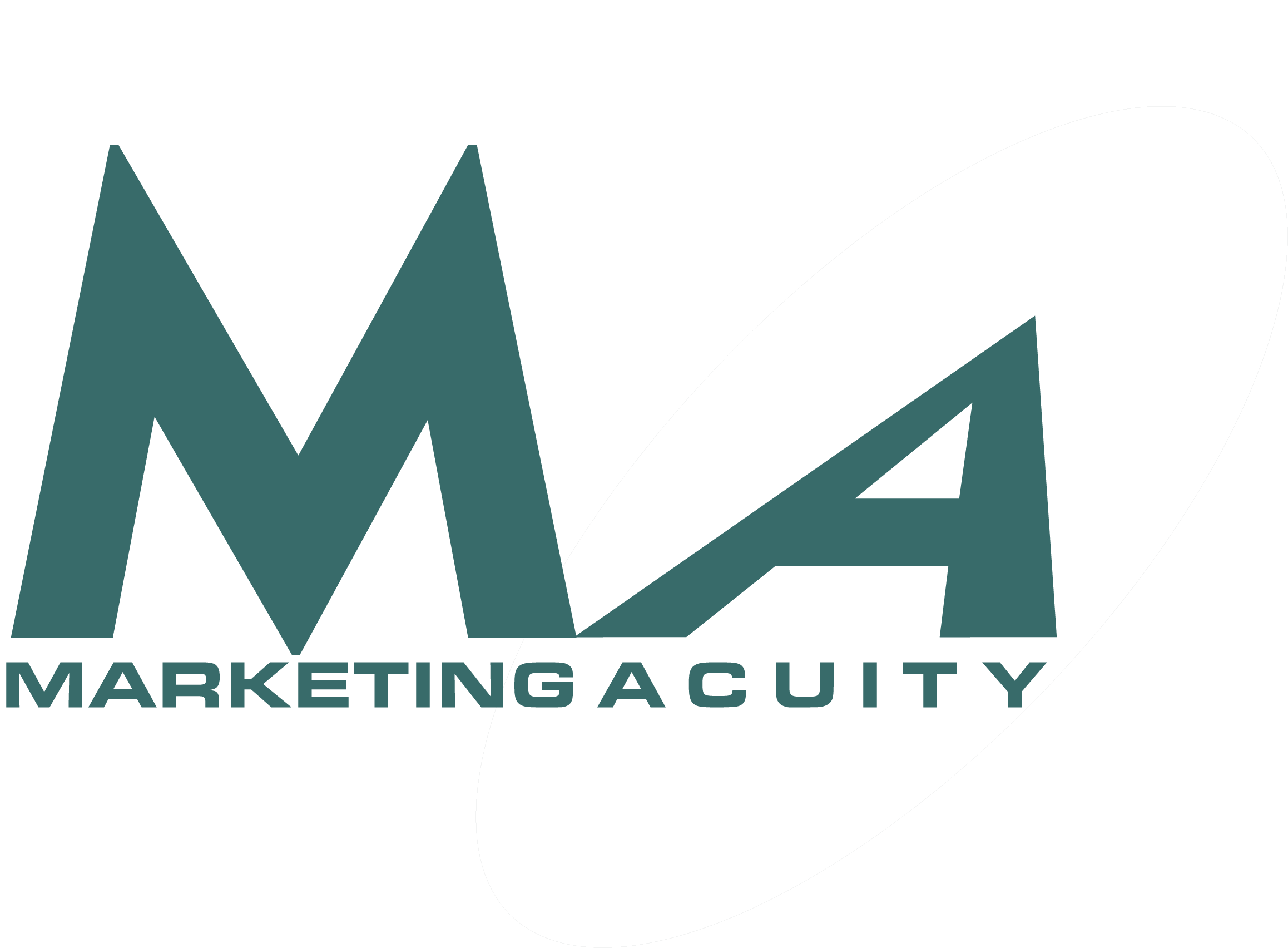What I learned coaching startups in emerging markets (and how it applies to startups here in the United States)
by Ann Siegle
I mentored three startup companies in the former Soviet Republic of Georgia in 2018 and early 2019. Our team, headed by a longtime international development & venture capitalist was comprised of 17 members. Some, like me, coached multiple startups enrolled in the program, and most had expertise in diverse areas of business, from high tech to bioengineering to manufacturing. Each team had two mentors that coached each founder/team through weekly Skype calls, provided assignments based on startup best-practices. Many coaches were experts in lean startup concepts, and many teach and work at major research universities, bringing new technologies to market.

My role as one of the only marketing professionals assigned to the teams was to help the companies understand the market potential for their businesses, and also to prepare financial models and go-to-market plans for their businesses. These concepts apply whether you’re launching a consumer products business in Georgia or running an e-commerce business in the United States.
Four key takeaways:
Initial Customer Discovery (ICD) is the number one task that startups (and companies looking to launch new products or services) should be doing, but few do so, and even fewer do it to the extent they need to. ICD is a set process that aims to uncover the motivation for buying products, the price point they want to pay for them and other product/service opportunities that the company might be overlooking. Companion tasks, developing Buyer’s Journey pathways and Persona interviews, go along with ICD, but ICD is it’s own thing, used by almost all startup boot camp programs worldwide. With the addition of some very specific worksheets developed for this program, we were able to help startups expand into new markets, even after much initial resistance to doing ICD.
Why don’t startups and growing companies like doing ICD? Because it is very personal and exposes them to having to go out and TALK to their customers. But, the mantra is the CEO needs to ‘get out of the building” and talk with customers to really understand what their motivations are.
The biggest pushback we got (across all 17 teams) was initial customer discovery. Period. Most made assumptions about who the customer was, what they wanted, and how much they wanted to pay, or the founders talked to just a few people. ICD (formally) involves asking 100 prospects. ONE HUNDRED. Usually in personal intercept or sales type calls, too. This instills terror in a lot of entrepreneurs, but it does not have to. There are some easy “research-forward” ways to do this that remove the scary feelings from the process. If you’re not talking to your customer (on social media, over live video, in a phone call or in person) you’re not going to be aware of what they are looking for, what price point they want to pay, what new opportunities they’re looking at.
Pro-forma financial statements help remove the guesswork out of “how much money could we make at this business” by providing a clear view into financial scenarios that force the founders to really assess the market viability of their products.
Go to market plans that map out 12- and 24- week targets help founders see what activities should be accomplished by their team. While these are very high level targets, individual plans could be crafted from these big goals. Most startups have little time and far too many obligations to waste time with big, detailed plans. Fast moving plans allow founders to change gears within their weeks to respond to changing market and company demands.
There’s no substitute for planning. Period. If you haven’t assessed your customer (talked with them!), mapped out financial scenarios and created plans for the next six months, you are walking blind, and you’ll trip on something that seems so obvious, later, in hindsight.
Make a plan. High level go-to market plans, business model canvas and other tools are really important for keeping you on track. These allow you enough flexibility to move with the things that are thrown at you, but still map out your big goals for each week. Using specific planning tools helps clients get started and keep going.
Follow your plan. Once you make it, walk it. Change it if you need to, but walk it every day. If you need more motivation to get over that procrastination, read our blog post here.
Embrace the pivot. During customer discovery, many founders discovered there might not be a market for their product (or at the price point they need to sell it to make a profit.) Understanding this now – before a large investment in time or capital – is key for making smart decisions. A few founders discovered THEY weren’t the right fit for their business. Understanding this means avoiding a lifetime (or many years) of personal misery! Some founders pivoted to new markets that were more receptive, a few pivoted to a different product. Making these fast moves before you have too much invested is critical for success.
Fail forward fast is a common phrase used in startup-land, and it’s true. You’re going to start and stop a lot of initiatives – whether it be new products, or whole new businesses – in your lifetime. Pivoting is moving toward a different opportunity. Even failure puts your business in a place to move ahead – you don’t waste any time lamenting the past decisions. You simply move ahead with new and updated information (and experience!)
The startup coaching experience highlighted the importance of ICD, of planning and of executing that plan. It reinforced the use of planning tools (spreadsheets, canvases, and other tools) that help give shape to the business and it’s prospects for success. At the end, each team prepared a board of directors presentation and spent an hour presenting it to not only our teams but the entire program – and future investors – as well. These exercises aren’t merely academic – they forced focus on markets, they instilled reliance on data. Even if you present the data to your significant other, or a close friend, you are telling yourself “I’m inviting someone else to critique my business plans as if they were an investor.” And THAT exercise is invaluable for any size business at any stage.
Want to know more? Engage with us in a mini startup boot camp program designed to focus your business potential. The email link goes directly to me. Let’s get this started for you!





